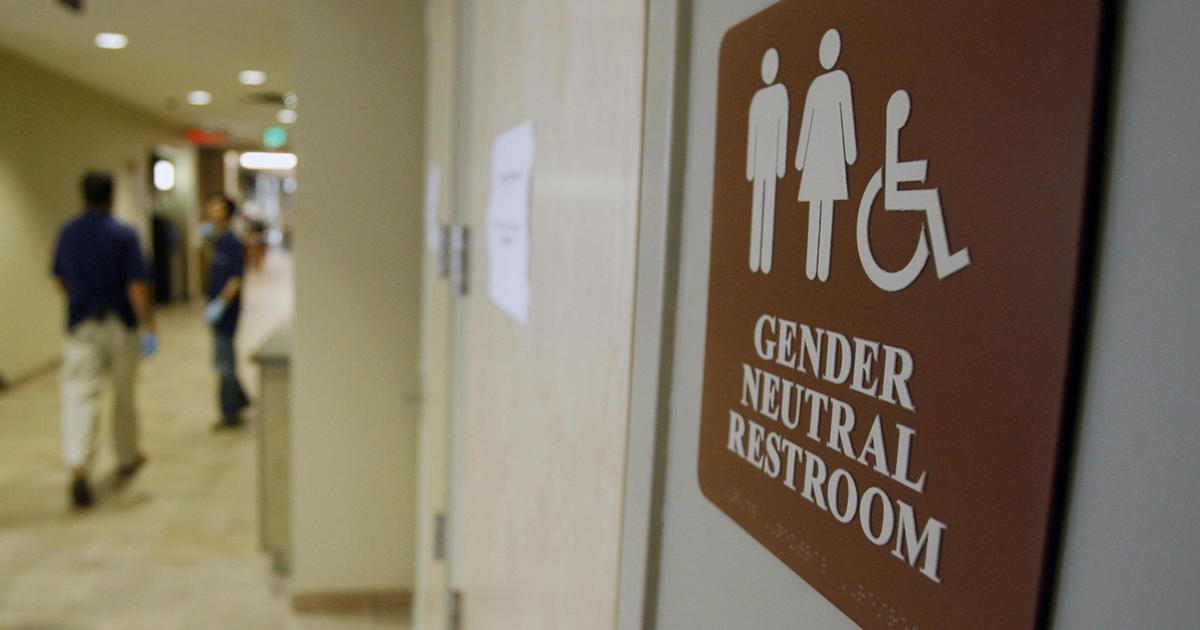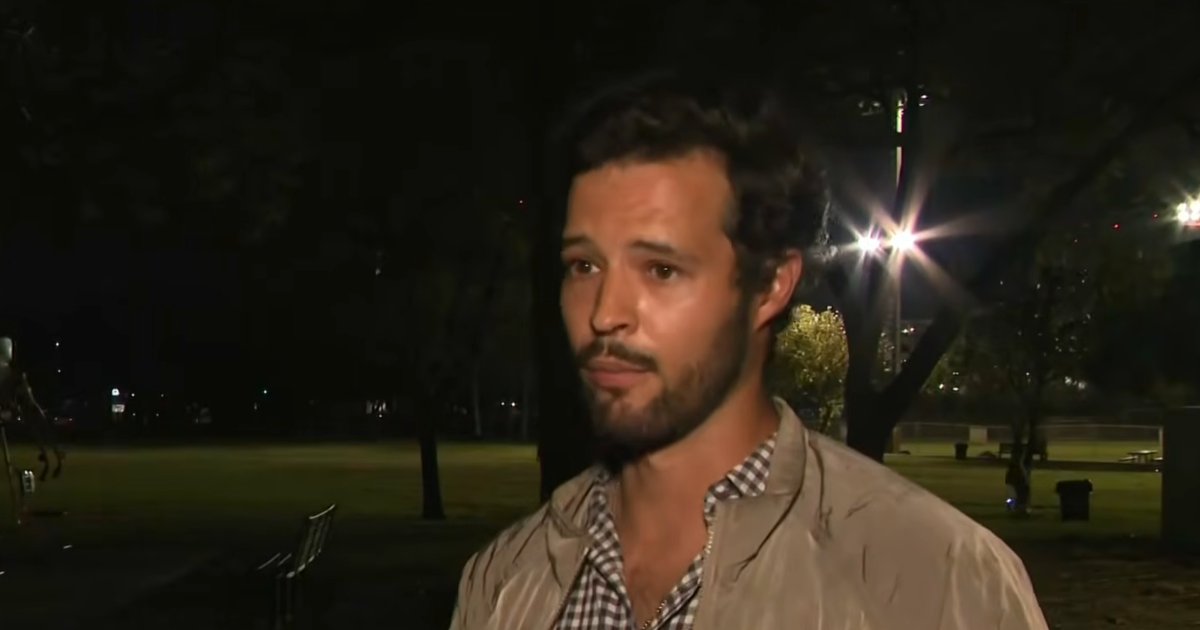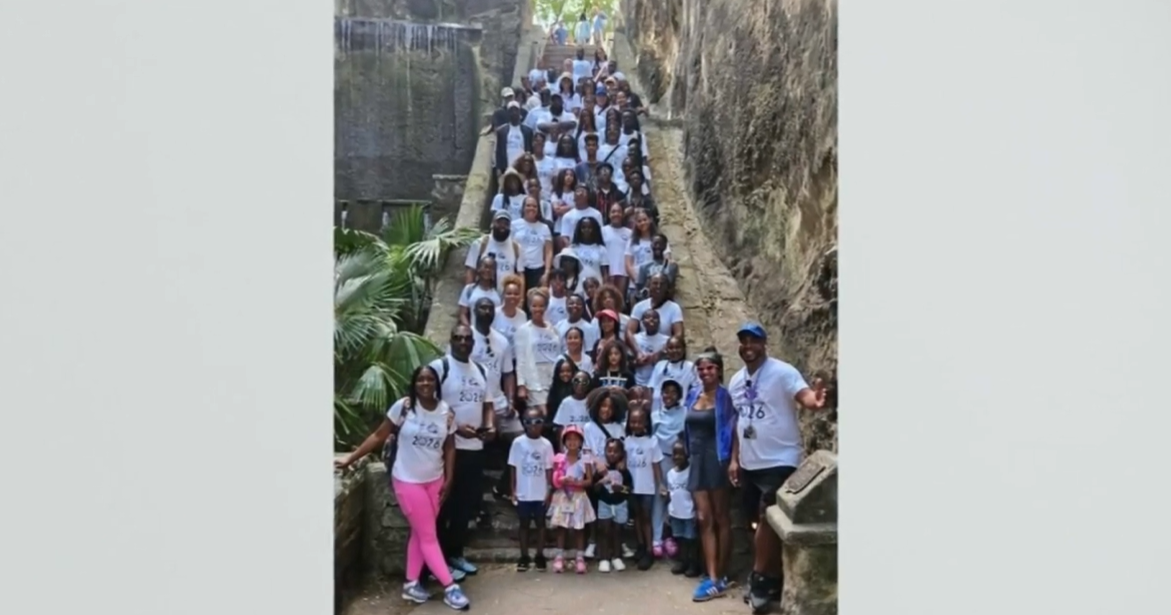TALLAHASSEE – Right after a 5-12 months legal struggle, a sharply divided federal appeals court docket Friday upheld a St. Johns County School Board plan that prevented a transgender male university student from employing boys’ loos at a high college.
The 11th U.S. Circuit Court docket of Appeals, in a 7-4 final decision, claimed the plan did not violate the constitutional equivalent-defense rights of Drew Adams, who was necessary to use a gender-neutral, solitary-stall rest room or girls’ loos whilst a pupil at Nease High College.
The court’s vast majority also stated the policy did not violate Title IX, a federal law that helps prevent discrimination dependent on intercourse in schooling applications.
In a 50-webpage greater part feeling, Decide Barbara Lagoa wrote that the university-board policy “innovations the significant governmental aim of guarding students’ privacy in school loos.”
“The school board’s toilet plan is obviously linked to – certainly, is nearly a mirror of – its objective of defending the privateness pursuits of pupils to use the rest room absent from the opposite intercourse and to shield their bodies from the opposite sex in the rest room, which, like a locker home or shower facility, is a person of the areas in a college exactly where such bodily exposure is most probable to take place,” Lagoa, a previous Florida Supreme Court docket justice, wrote.
But in just one of 4 dissenting thoughts, Judge Jill Pryor wrote that just about every time Adams wanted to use the lavatory, he “was pressured to endure a stigmatizing and humiliating wander of disgrace – previous the boys’ bathrooms and into a one-stall ‘gender neutral’ toilet.” She said the court docket bulk “labels Adams as unfit for equivalent protection based mostly on his transgender position.”
“To commence, the majority viewpoint basically declares – with no any basis – that a person’s ‘biological sex’ is comprised entirely of chromosomal construction and birth-assigned sex,” Pryor wrote. “So, the bulk belief concludes, a person’s gender id has no bearing on this case about equivalent safety for a transgender boy. The vast majority impression does so in disregard of the history evidence – proof the the greater part does not contest – that gender identification is an immutable, organic part of a person’s sex.”
Lagoa was joined in the majority belief by Chief Judge William Pryor and Judges Kevin Newsom, Elizabeth Department, Britt Grant, Robert Luck and Andrew Brasher – all of whom have been appointed by Republican presidents. The dissenters – Jill Pryor, Charles Wilson, Adalberto Jordan and Robin Rosenbaum – were being all appointed by Democratic presidents.
Adams and his mother submitted the lawsuit in 2017, and U.S. District Choose Timothy Corrigan dominated in his favor in 2018. A panel of the Atlanta-centered appeals court, in a 2-1 selection, explained Adams’ equal-safety legal rights experienced been violated.
But the comprehensive appeals court decided to just take up the scenario, a shift recognised as hearing a circumstance “en banc.” Adams graduated from superior school as the courtroom fight continued.
Adams enrolled the St. Johns County district in fourth quality, with details listing him as a feminine, in accordance to courtroom documents. But he entered substantial college in August 2015 as a transgender male.
Lagoa wrote that the faculty district’s coverage included looking at the sex listed on documents, this sort of as beginning certificates, submitted when students entered the process.
“The university board’s rest room policy necessitates ‘biological boys’ and ‘biological girls’ – in reference to their sex decided at delivery – to use possibly bathrooms that correspond to their biological intercourse or sexual intercourse-neutral bogs,” Lagoa wrote. “This is a intercourse-based mostly classification. Adams challenges the policy’s need that Adams have to possibly use the feminine bathrooms – which correspond with Adams’s organic sex – or the sex-neutral loos. Just place, Adams seeks obtain to the male loos, which correspond with the gender Adams identifies with.”
Lagoa targeted closely in the the greater part opinion on the college district’s curiosity in shielding the privacy of college students in loos and mentioned the policy does not unconstitutionally discriminate towards transgender college students.
“The lavatory coverage does not depend in any way on how pupils act or establish,” she wrote. “The bathroom coverage separates bathrooms based on organic intercourse, which is not a stereotype.”
But in a dissent, Wilson challenged Lagoa’s conclusion, writing that fundamental the policy is the “presumption that organic sexual intercourse is precisely determinable at start and that it is a static or lasting organic determination.”
“In other text, the coverage presumes it does not require to take amended documentation mainly because a student’s sexual intercourse does not improve,” Wilson wrote. “This presumption is both of those medically and scientifically flawed. After contemplating a additional scientific and clinical perspective on biological intercourse, it is obvious that the bathroom policy’s refusal to acknowledge up to date professional medical documentation is discriminatory on the basis of sexual intercourse.”
Jill Pryor’s dissent argued the greater part feeling “employs stereotypic suggestions and assumptions in an try to persuade viewers that admitting transgender college students into the loos corresponding with their consistent, persistent, and insistent biological gender identification will final result in the elimination of sexual intercourse-separated toilet facilities.”
“Our law, both of those constitutional legislation and statutes and regulations, recognizes a legit, protectible privateness desire in the follow of separating bathroom amenities by intercourse,” she wrote. “But that fascination is not complete: it ought to coexist alongside fundamental principles of equality. In which exclusion implies inferiority, as it does right here, ideas of equality prevail.”



